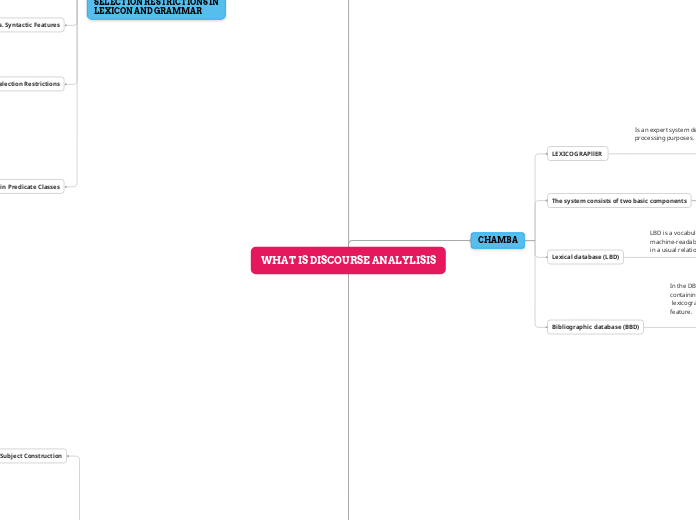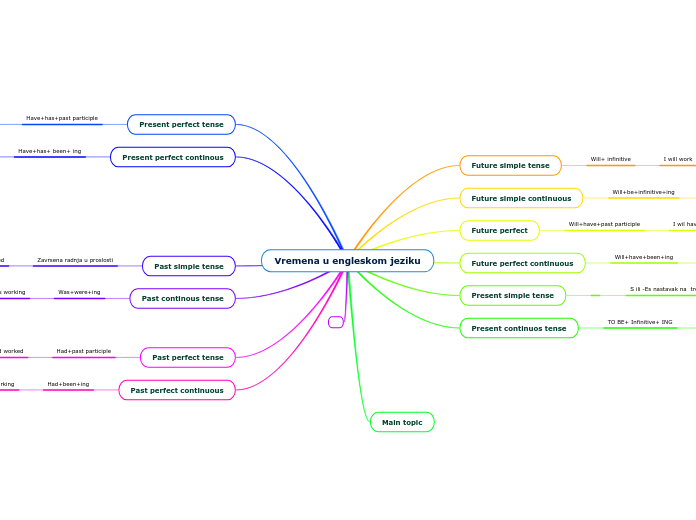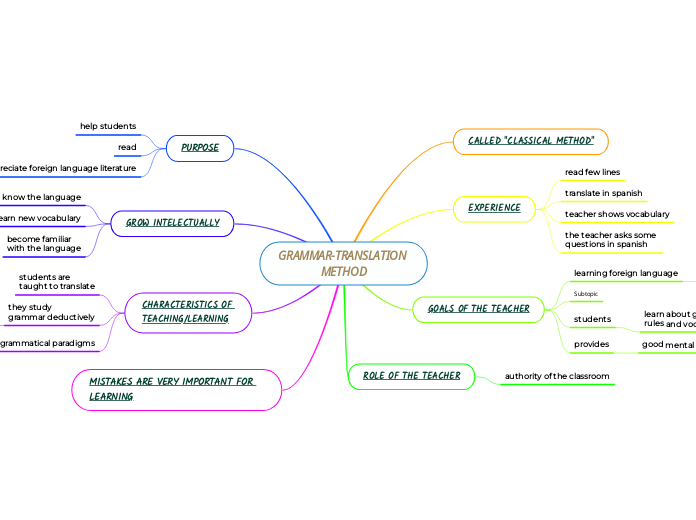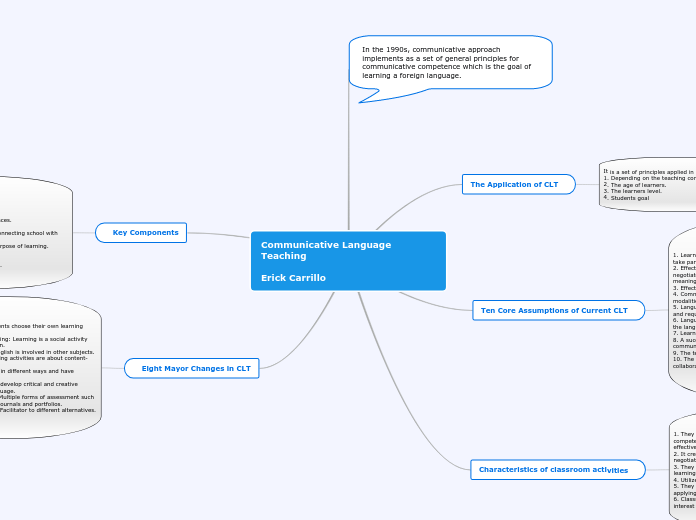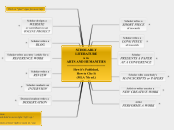jonka WALTER LEONEL CAMPOVERDE CHAMBA 1 vuosi sitten
100
WHAT IS DISCOURSE ANALYLISIS
The text discusses the role and evolution of semantic features in natural language processing (NLP) and their relevance compared to syntactic features. Historically, semantic features were crucial in the 1960s but were somewhat sidelined in the 1970s and 1980s.
